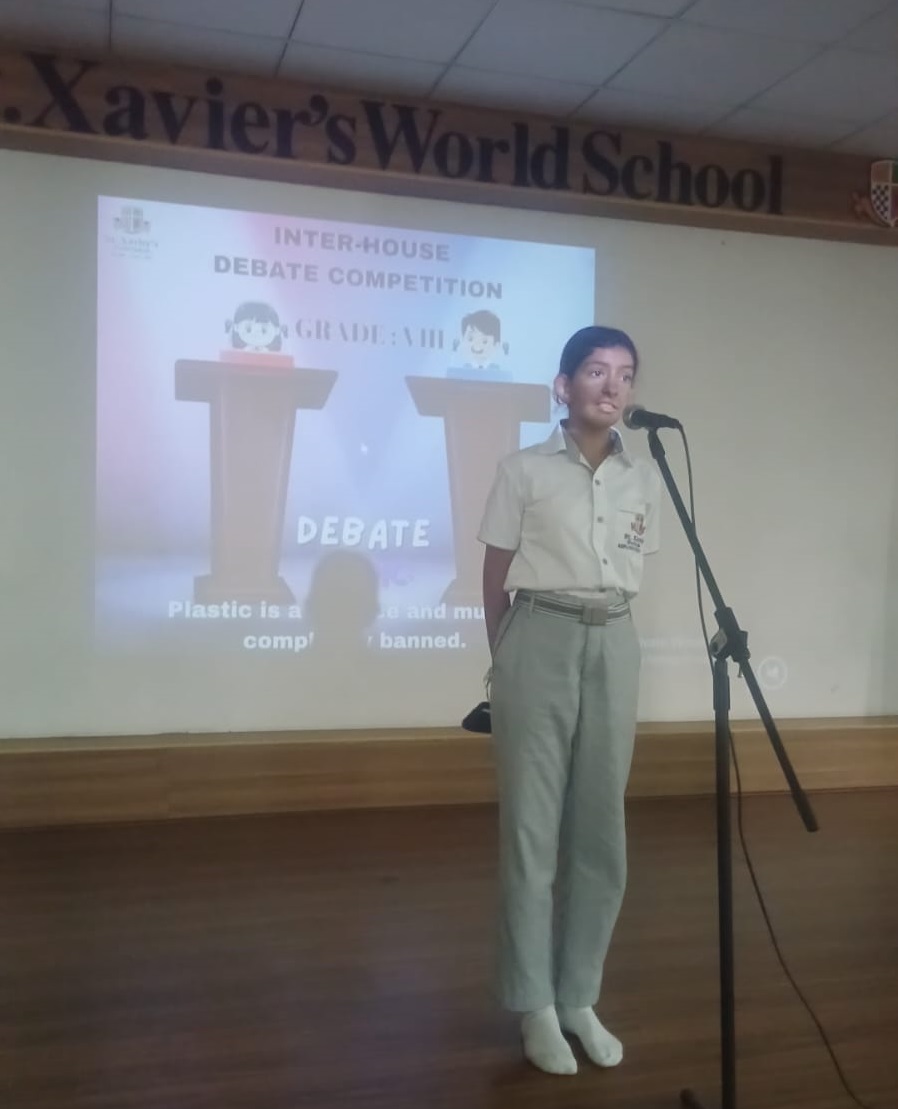
Education as a Force for Change
Education
as a Force for Change: Shaping Responsible Citizens and a Better Society
When
a person becomes part of a civilised society, they inherit certain
responsibilities-not just toward themselves, but also toward their families,
communities, and the nation at large. The journey toward fulfilling these
responsibilities begins in childhood, when education becomes the guiding light
for personal growth and social contribution.
At
St. Xavier’s World School, Ghaziabad, we believe that the true aim of education
goes beyond academic success. It is about preparing individuals who can lead
meaningful lives, contribute to society, and build a more compassionate and
progressive world. Without a defined aim, education risks becoming a
directionless pursuit. To avoid this, scholars and educators have outlined
broad goals that define the essence of learning.
Here,
we explore six ultimate aims of education and how they help in creating a
stronger, better society.
1.
Education for Individual Growth
The
first and foremost aim of education is to nurture individual development. When
a child receives the right opportunities, it enhances not only their
intellectual ability but also their physical health, moral outlook, and creativity.
At
St. Xavier’s World School, Ghaziabad, we emphasise Early Childhood Care and
Education (ECCE). By stimulating young minds in their formative years, we
ensure children develop healthy brain function, curiosity, and problem-solving
skills. A strong foundation in early years sets the tone for lifelong learning
and personal growth.
2.
Education for Social Belonging
Human
beings thrive in communities, and children grow by observing and interacting
with people around them-parents, peers, teachers, and friends. Education acts
as the bridge between the individual and society, teaching values like
cooperation, empathy, and responsibility.
Quality
schooling environments provide students with opportunities to understand
teamwork,
cultural
diversity, and respect for others. This social learning is essential for
youngsters to grow into responsible citizens who can make valuable
contributions to society.
3.
Education as Knowledge and Understanding
Knowledge
is more than just information-it is the power that equips individuals to
participate
meaningfully in society. A child equipped with foundational literacy and numeracy can read
